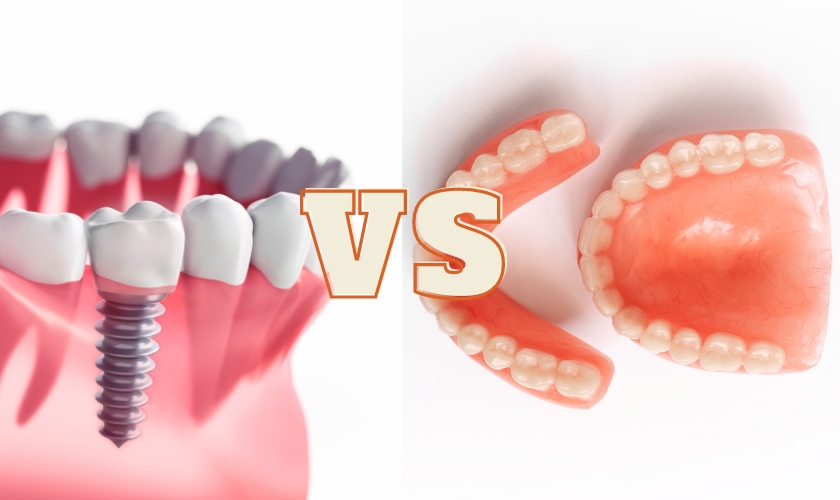
Sleep Apnea And Your Mental Health: Addressing The Impact
Get ready to dive into the fascinating connection between sleep apnea and your mental health! We all know how important a good night’s sleep is for our overall well-being, but did you know untreated sleep apnea can profoundly impact your mental health? From mood swings to cognitive decline, this common sleep disorder goes far beyond snoring. In this blog post, we’ll explore the effects of sleep apnea on your mental health and discuss effective treatment options. So grab a cozy blanket and prepare for some eye-opening insights on the relationship between sleep apnea and your precious mind!
What Is Sleep Apnea?
Picture this: It’s nighttime, you’re fast asleep, and suddenly, you find yourself gasping for breath. This could be a sign that you have sleep apnea. But what exactly is sleep apnea?
Sleep apnea is a common sleep disorder where breathing repeatedly stops and starts at night. It occurs when the muscles in your throat relax too much, causing airflow blockage to your lungs. These pauses in breathing can last anywhere from a few seconds to minutes and can happen multiple times per hour!
There are three main types of sleep apnea: obstructive sleep apnea (OSA), central sleep apnea (CSA), and complex/mixed sleep apnea. OSA, the most prevalent type, happens when the soft tissues at the back of your throat collapse during sleep.
If left untreated, this interruption in oxygen flow can wreak havoc on both your physical health and mental well-being. So, let’s explore how this condition impacts your mental health next!
What Are The Effects Of Sleep Apnea On Mental Health?
Sleep apnea is a sleep disorder that affects millions of people worldwide. It occurs when the airway becomes partially or completely blocked during sleep, leading to recurring pauses in breathing. While the physical impacts of sleep apnea are well-known, such as snoring and daytime fatigue, its effects on mental health are often overlooked.
One of the most significant effects of sleep apnea on mental health is an increased risk of depression. People with untreated sleep apnea are likelier to experience sadness, hopelessness, and lack of interest in activities they once enjoyed. The chronic exhaustion caused by disrupted sleep patterns can also contribute to irritability and mood swings.
In addition to depression, sleep apnea has been linked to anxiety disorders. Studies have shown that individuals with untreated sleep apnea have higher anxiety symptoms than those without the condition. This may be partly due to the impact on brain function caused by repeated interruptions in oxygen flow during nighttime episodes.
Furthermore, cognitive decline and memory problems have been observed in individuals suffering from severe cases of sleep apnea. Sleep plays a crucial role in consolidating memories and facilitating learning processes. Frequent awakenings disrupt this process throughout the night, leading to difficulties with concentration, attention span, and overall cognitive function.
The impact of untreated sleep apnea on mental health extends beyond individual well-being; it can also strain relationships and social interactions. Chronic snoring associated with the condition often disturbs bed partners’ quality of rest, leading to resentment or frustration within intimate relationships.
Addressing these effects requires proper diagnosis and treatment for underlying obstructive breathing disorders like sleep apnea. Continuous positive airway pressure (CPAP) therapy is one common method to treat moderate-to-severe cases effectively. Lifestyle changes such as weight loss and avoiding alcohol before bedtime may also alleviate symptoms for some individuals.
It’s essential for individuals experiencing symptoms related to poor mental health or suspecting sleep apnea to consult with a healthcare professional. By recognizing and addressing the impact
How Can Sleep Apnea Be Treated?
Sleep apnea is a serious sleep disorder that affects millions of people worldwide. Fortunately, various treatment options are available to help manage this condition and improve overall quality of life.
Continuous positive airway pressure (CPAP) therapy is a common treatment for sleep apnea. This involves wearing a mask over the nose or mouth during sleep, which delivers a steady stream of air to keep the airways open. CPAP machines have been proven highly effective in reducing sleep apnea symptoms and improving sleep quality.
Another option for treating sleep apnea is oral appliance therapy. This involves wearing a custom-made device in the mouth that helps to reposition the jaw and tongue, keeping the airway open during sleep. Oral appliances are often recommended for individuals with mild to moderate cases of sleep apnea who cannot tolerate CPAP therapy.
In some cases, lifestyle changes can also play a role in managing sleep apnea. Losing weight, avoiding alcohol and sedatives before bed, sleeping on your side instead of your back, and maintaining good sleep hygiene can all help reduce symptoms.
For more severe cases of obstructive sleep apnea, surgery may be necessary. Surgical interventions aim to remove excess tissue from the throat or reposition anatomical structures to improve airflow during breathing.
It’s important to consult a healthcare professional if you suspect you have sleep apnea or your current treatment plan isn’t providing adequate relief. They can recommend appropriate treatments based on your specific needs and ensure that you receive effective care for this potentially debilitating condition.
Sleep apnea is a serious sleep disorder that can significantly impact mental health. The disrupted sleep patterns and oxygen deprivation associated with this condition can lead to psychological symptoms, including depression, anxiety, and cognitive impairment.
Don’t let sleep apnea go untreated – take control of your health and prioritize quality restful sleep. By addressing the underlying causes of this disorder, you can improve your mental well-being and overall quality of life.






